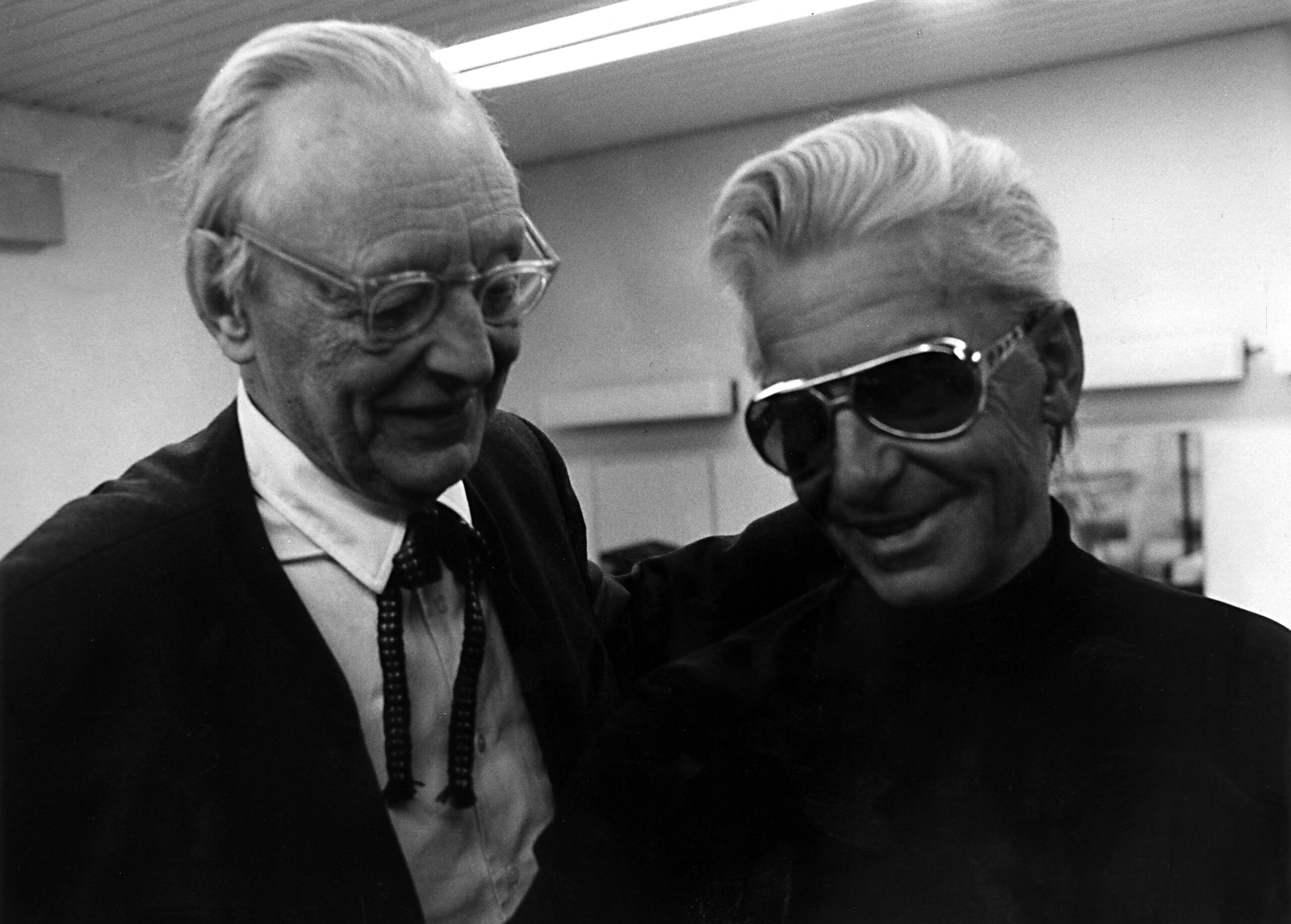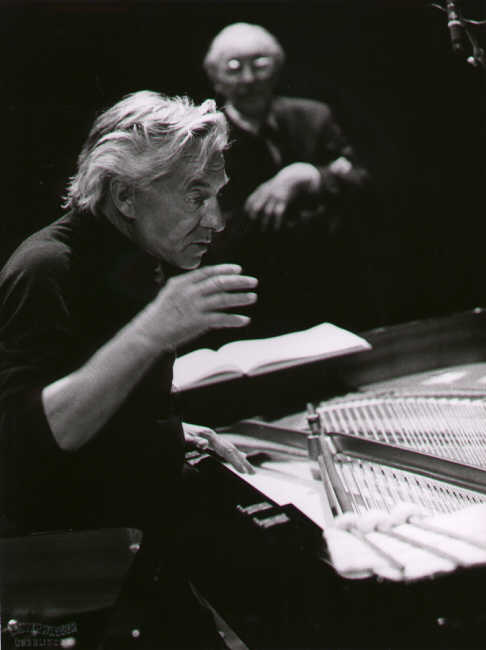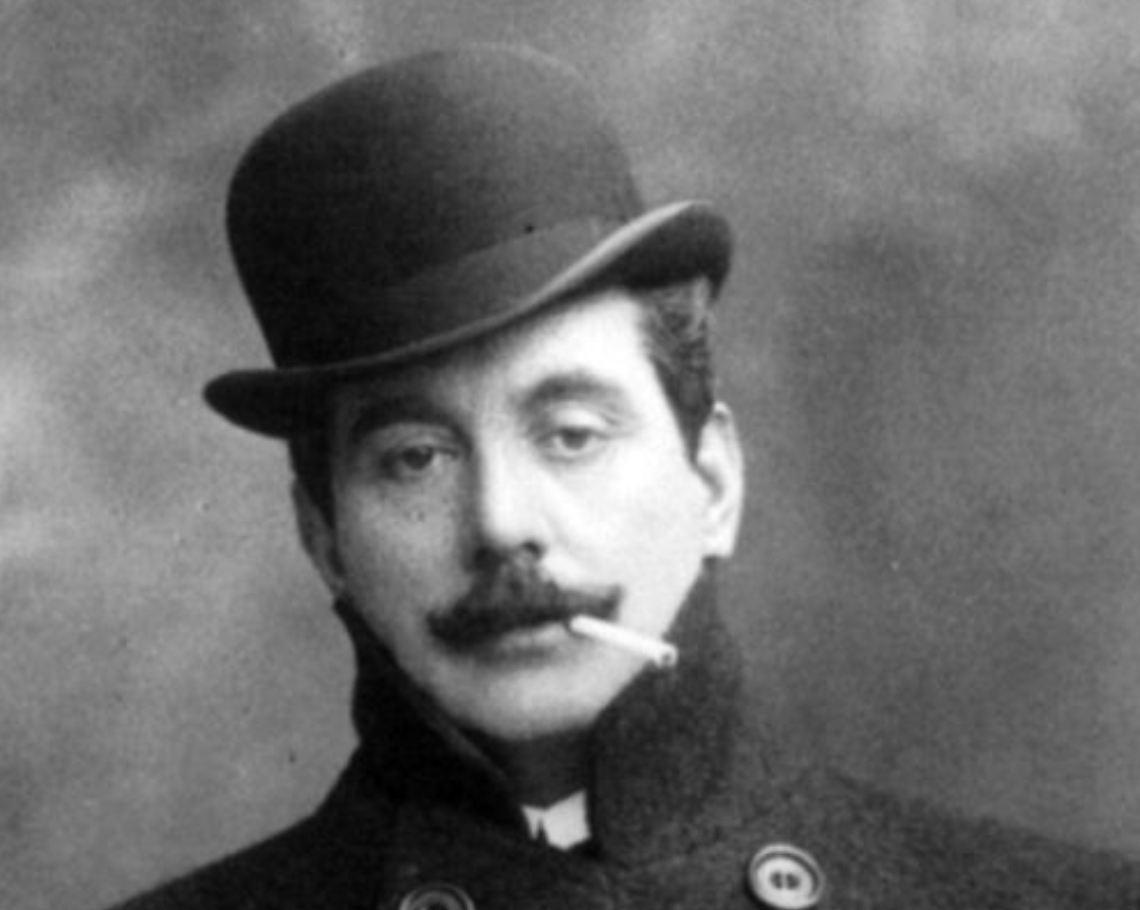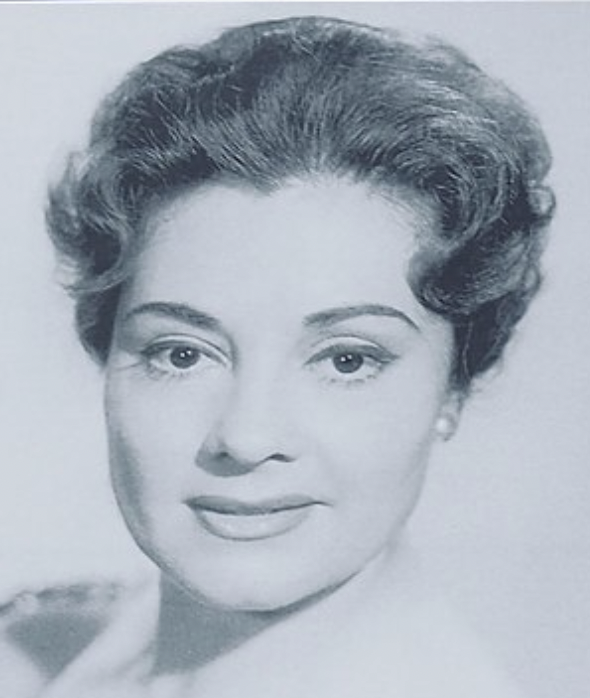22 February 2024
P.R. Jenkins
Spotlight Orff: “Trionfi” and “De Temporum”

It would definitely have been one of the best-selling classical albums of all time: Karajan conducts Carl Orff’s “Carmina Burana”, the most popular choral work in the 20th century. But the record was never produced. Neither for Deutsche Grammophon nor for EMI or any other record company. Karajan simply didn’t do it despite the amount of money they could have raked in. But he conducted the piece in concert and in the theatre. The first time was in 1941 in Aachen, only four years after the first-ever performance, and then twelve times in the 1940s, most often with the Staatskapelle Berlin.

The “Carmina Burana” is the first part of Orff’s trilogy of “scenic cantatas” followed by “Catulli Carmina” (1930 – 1943) and “Trionfo di Afrodite” (1949 – 1951). The “Catulli” and the “Trionfo” never matched the popularity of the “Carmina Burana”. Orff was so proud of it that he told his publisher to burn everything he had written before because ne now dated his oeuvre from the “Carmina Burana” onwards. He composed the “Trionfo” on the occasion of a production at the Scala di Milan that Karajan conducted and directed in 1953. The scenic design differed. The singers were on stage in one part and in the next they joined the orchestra and the conductor in the pit “leaving actors and dancers to mime the action on stage (Richard Osborne)”. “Trionfo” was especially composed for Elisabeth Schwarzkopf. Other soloists in the trilogy called “Trionfi” were Nicolai Gedda and Rolando Panerai. Karajan never conducted it again, not even in part, and “with Schwarzkopf and Gedda in prime form, it must remain a source pf bitter regret that no recording was made. Did Karajan himself regret the omission? Though he studiously ignored invitations to record ‘Carmina Burana’, he was promptness itself when it came to recording Orff’s last major work ‘De temporum fine comoedia’ at the time of its world première in 1973. (Osborne)”

It was one of the rare opera premieres and one of the last-ever premieres in Karajan’s career. It was also one of the few occasions in his later years when he worked with a director. In this case it was August Everding, who staged the production with choir, boys’ choir, dancers, orchestra and soloists – among them the young Anna Tomowa-Sintow for the first time, Christa Ludwig and Peter Schreier – in one of Günter Schneider-Siemssen’s “cosmic biospheres” for the Salzburg Festival. Karajan conducted the Cologne Radio Symphony Orchestra in their only collaboration.
— P.R. JenkinsRichard Osborne: “Karajan. A Life in Music” Chatto & Windus, London. 1998













